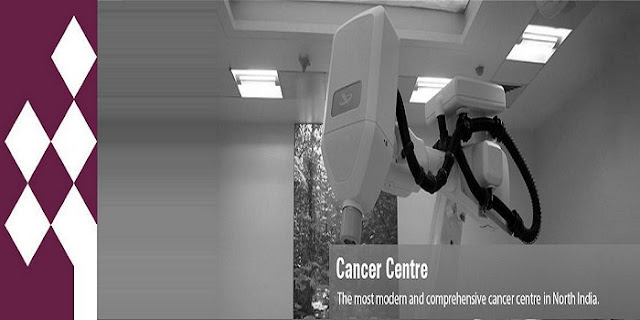What is the success rate of Bone Marrow Transplant?
Bone marrow transplant has created lifesaving opportunities for a number of people and their families who before had no hope, especially in cases of life-threatening cancers. The evolution of bone marrow transplantation in its present various forms has massively pushed ground
If we look at the many research and tests which have been carried out in this realm, the result will conclude at least for further possibilities of enhancing the success rate of a bone marrow transplant. Presently, the success rate of allogeneic stem cell transplantation in India or in other successful medical hubs of the world should be in terms of those numbers which are proposed by US National Marrow Donor Program (NMDP). They conducted an independent study on many cases of allogenic bone marrow transplantation and it resulted that the success rate is 62 percent. As per an article titled 'Life Expectancy in Patients Surviving More Than 5 Years After Hematopoietic Cell Transplantation' which was published in National Center for Biotechnology Information (NCBI), it is unit of US National Library of Medicine which is a branch of the National Institutes of Health, the results stated to an 'estimated survival of the cohort at 20 years after transplantation was 80.4%.' It was basically concluded that patients who underwent hematopoietic cell transplantation (HCI), they can live for an additional 15 years if they successfully cross the first five years after the treatment. It is important to note at this point, different bone marrow transplantation will have different success and survival rates, the potentiality of life after a Haplo bone marrow transplant will be at the difference from a hematopoietic stem cell transplant.
The experts in the field of bone marrow transplantation state, the most crucial phase for
The best hospital in India for bone marrow transplant recommends certain preventive measures that should be followed post-treatment for best results, they have been mentioned below:
· Record the temperature twice a day until the course of immunosuppressive medicines completes or as advised by the doctor.
· Maintain your oral care, brush after every meal and use mouthwash. Proper oral care reduces the risk of infection and gum bleeding.
· The hands should be kept clean, especially for medicine intake. Frequent use of hand sanitizer outside should be followed.
· Your personal hygiene should be maintained, bath
· When outside, stay away from crowded places. Wearing a mask can help.
· Do not indulge in smoking or any other drug intake as in marijuana and cannabis.
· Pet care should be provided to someone else in the family until you have gained recovery. Handling stray
· Avoid any activity which makes you exposed to fungal, bacterial, and viral infections.




Comments
Post a Comment